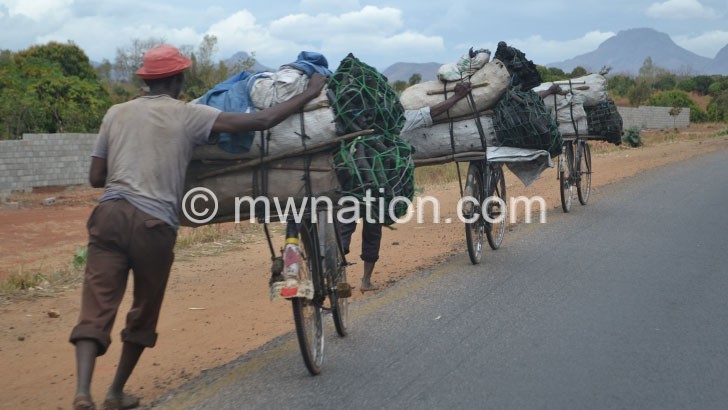Ministry of Natural Resources and Climate Change deputy director of forestry Teddie Kamoto says concerns on the amendments to the Forestry Act are based on misinformation and ignorance of the law.
Speaking in an interview on Wednesday, he said the amended Act was enacted in 2019 and has been in force for nearly two years during which over 20 vehicles transporting charcoal were impounded.

Said Kamoto: “Many people do not have the opportunity to go through the Act, that is why they are reacting harshly to the maximum penalties only and not the minimum. However, the law as it stands, is targeting illegal charcoal producers and not necessarily consumers.
“The amendment focused on seven areas, one of which is definition of charcoal which was not in the original Act affecting its regulation. The amendment also covers concession with private entities in commercial man-made forests which are ready for harvesting.”
He said government is promoting licensed charcoal production for people who have trees.
“People have private tree reserves, but cannot get a licence for charcoal production because of the thriving illegal charcoal business which is heavily compromising forestry conservation efforts,” said Kamoto.
Centre for Environmental Protection and Advocacy executive director Herbert Mwalukomo also said the mixed reactions to the Act result from misinformation.
He said: “People think that government has banned production and use of charcoal. The Act recognises charcoal as a forest produce such that it can be regulated.
“The Act allows production of charcoal from a sustainable source with a licence.”
Mwalukomo said people do not want the law to be enforced until government provides alternative sources of energy. “We know alternative sources of energy are limited, but it is not true to say such sources are not available. Nowadays, we have electricity, gas, briquettes, biogas and sustainable charcoal on the market,” he said.
Source: The Nation_July 15, 2022_By Mike Van Kamande-Malawi News Agency
